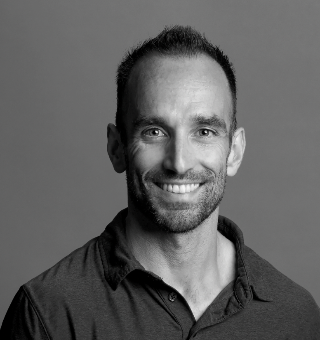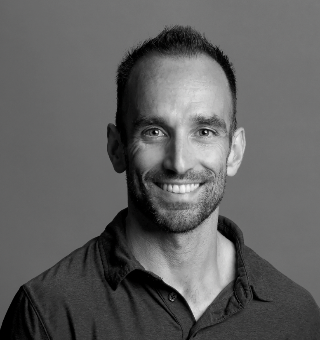Coaching Expertise:
Hypertrophy / Bodybuilding, Powerlifting, General Sports Performance, Weight Loss, Muscle Gain, Body Composition, Beginners, Intermediate Athletes, Advanced Athletes, General Fitness Enthusiasts, Longevity, Post-Injury Recovery Clients, Working with shift workers / Medial professionals
Coaching Style:
- Positive and Supportive (Encouraging and affirming throughout the process.),
- Compassionate (Understands and adapts to individual challenges.),
- Goal-oriented (Focused on achieving specific, measurable outcomes.),
- Transformational (Emphasizes personal growth and mindset shifts.),
- Client-centered (Prioritizes the client’s goals, preferences, and feedback.),
- Educational (Focuses on teaching clients the “why” behind strategies.),
- Detail-oriented (Carefully tracks data and progress for optimal adjustments.),
- Holistic (Considers the client’s overall health, lifestyle, and well-being.),
- Flexible and Adaptive (Adjusts plans frequently to suit changing client needs.),
- Motivational and Inspirational (Inspires clients to stay consistent and overcome obstacles.),
- Practical and Realistic (Balances ambition with achievable goals for long-term success.)
Qualifications:
- PhD in Exercise Physiology;
- Post-doc in Vascular Physiology & Type 2 Diabetes;
- Professor of Kinesiology for 9 years (University of Georgia)
- CF-L2,
- CrossFit Gymnastics
Hobbies and Interests:
- CrossFit,
- Running,
- Hypertrophy Training,
- Mountain Biking,
-
Cooking
Why Choose Nathan:
I believe that coaching and teaching are two words that mean the same thing. The clients who get the most out of the coaching program are the ones who try to learn as much as possible, ask lots of questions, and develop the habits, routines, and systems to make healthy nutrition a part of their lifestyle.
Another fundamental tenet of my coaching is to help clients shift their mindset from short-term to long-term thinking. Most clients come to the coaching program with a body weight goal that's confined to the duration of the coaching program, e.g. lose 15 lbs within 3 months. I encourage clients to adopt what I call the ""2x mindset"", e.g. take that 3 month window and double it to 6 months, and then again to 1 year, then 2 years, and so on. The real question to ask ourselves when it comes to nutrition and fitness is where do we want to be in our 60s, 70s & 80s. I believe that nutrition coaching can and should be used as a runway to that long term horizon.
Lastly, in my work with clients, I focus relentlessly on the very basics of nutrition. Sure, with my extensive scientific background, my knowledge and experience in this area goes pretty deep. But in day to day communication with clients, we typically only go 1-2 layers deep in the onion, and I believe that's really all that's needed for 95% of real life application for the general public just trying optimize their health. The basic principles covered include: daily calorie and macronutrient needs based on individual goals; how many meals to eat each day and customized meal timing; habit formation and mindset shifts as discussed above; and supplementation. That's really all that's necessary to move the needle for most clients.


